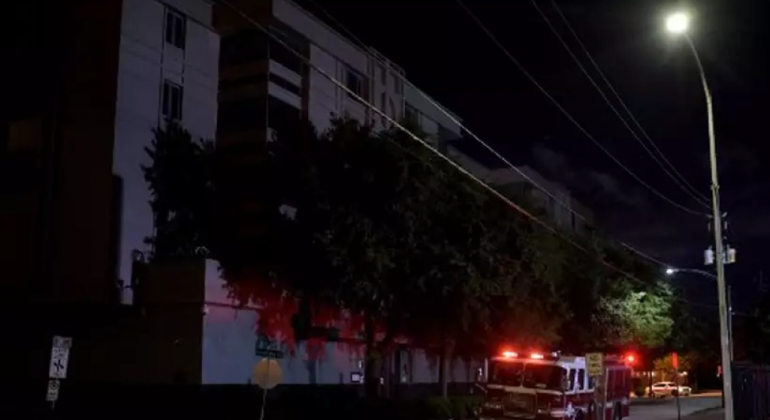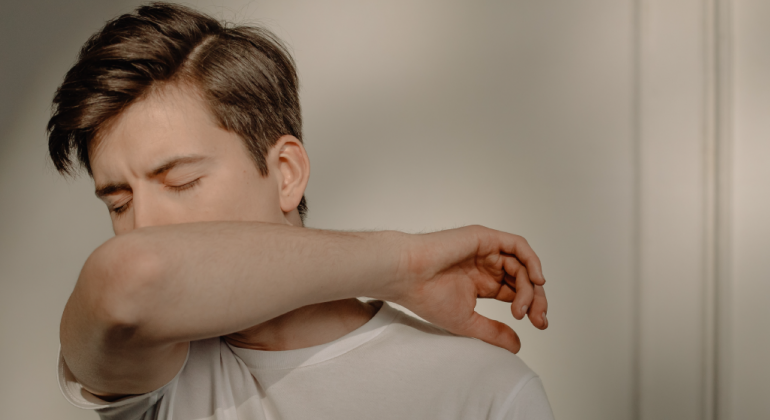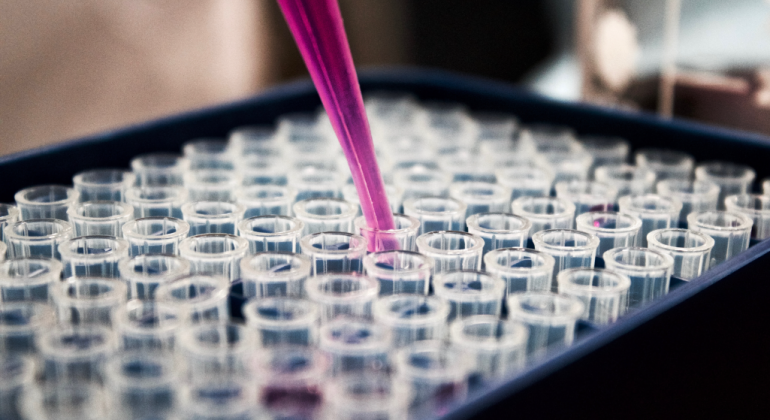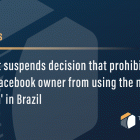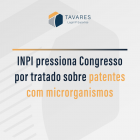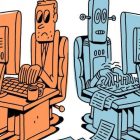The US orders Chinese consulate to close based on defense of intellectual property
The Chinese consulate in Houston, in the United States, was closed “to protect American intellectual property and private information from Americans” – a State Department spokeswoman said on Wednesday (7/22) after a vigorous protest. Beijing is against that decision.
“Vienna Convention states that state diplomats must ‘respect the laws and rules of the host country’ and ‘have a duty not to interfere in the internal affairs of that state,'” said spokeswoman Morgan Ortagus, during a visit by the American Secretary of State, Mike Pompeo, to Copenhagen.
“We have ordered the closure of the People’s Republic of China consulate in Houston to protect American intellectual property and the private information of citizens,” said the spokeswoman, after Pompeo’s arrival in Copenhagen for an official visit on Wednesday.
This decision is based on the growing tensions between the two countries on several fronts: the controversial national security law in Hong Kong, the espionage charges against China, or the humanitarian situation in the Xinjiang region (northwest China), where the Uighur Muslim minority lives.
“The United States will not tolerate any violation of our sovereignty, nor intimidation of our people by China, nor will we tolerate unfair trade practices, theft of American jobs, and other behavior. President Trump insists on justice and reciprocity in our relations with China, “added the spokeswoman in a statement to the press.
China has five consulates in the United States. The consulate in Houston (Texas) was opened in 1979.
According to Houston newspapers, firefighters went to the Chinese consulate last night because documents were being burned in the building’s courtyard.
On Twitter, local police said smoke was visible, but law enforcement officials “were not allowed to enter” the building.
China reaction
Chinese officials denounced the decision, which they called “political provocation” that will undermine bilateral diplomatic relations.
“It is a political provocation (…) that seriously violates international law,” said a Chinese diplomacy spokesman, Wang Wenbin.
“China condemns this scandalous and unjustified decision,” said Chinese Foreign Ministry spokesman Wang Wenbin, asking Washington to back down, otherwise Beijing will respond in an “appropriate” manner.
Chinese officials accused the United States of “slander” after two citizens of the Asian giant were indicted for cyberattacks on companies involved in the search for a vaccine against the new coronavirus.
The US Department of Justice announced yesterday the accusation against Li Xiaoyu, 34, and Dong Jiazhi, 33, “two Chinese hackers (who) worked with the Chinese Ministry of Security”.
Beijing refuted the charges.
“The Chinese government is a fervent advocate for cybersecurity and has always opposed cyber attacks,” added the spokesman, urging Washington to “end these slanders and defamations” against China.
According to US officials, the two hackers met during their engineering studies and stole thousands of dollars worth of industrial secrets over ten years.
Recently, they reportedly targeted California companies working on a vaccine and treatment for the new coronavirus, according to the federal prosecutor in charge of the case, William Hyslop.
Li and Dong were not arrested and would be in China today.
In this context of escalating tensions, China also warned its students in the United States, on Wednesday, about the risk of suffering “arbitrary interrogation”.
“Recently, the authorities have stepped up arbitrary interrogations, harassment, confiscation of personal property and arrests of Chinese students in the United States,” added China’s Foreign Ministry in a statement.
President Donald Trump’s government has maintained a very critical tone for months with the Chinese authorities, which he accuses of having concealed the magnitude of the spread of COVID-19 since the emergence of the disease in the center of the country in late 2019.
News and photo from: Correio Braziliense

